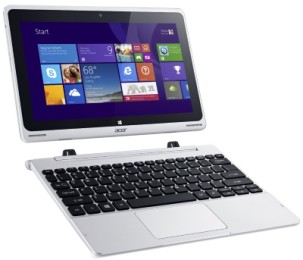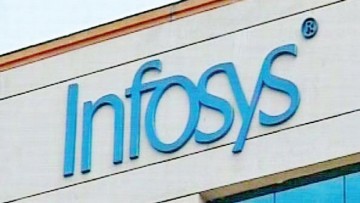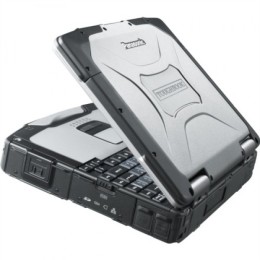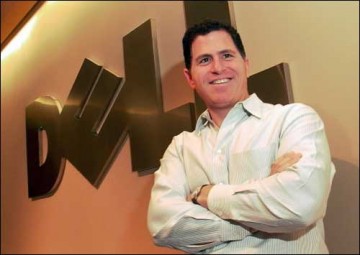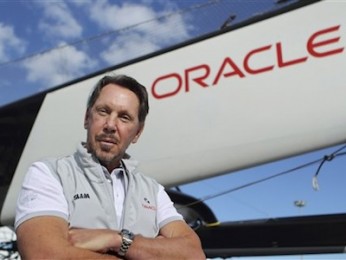 The global digital forensics market is consolidated with top five players holding more than 40 percent of the overall market in 2016, according to Transparency Market Research (TMR)
The global digital forensics market is consolidated with top five players holding more than 40 percent of the overall market in 2016, according to Transparency Market Research (TMR)
In a new report. Cisco, IBM, Guidance Software, FireEye and MSAB have taken control of the market as cyber crime soars.
This conclusion follows a review based on the findings of Transparency Market Research report, which had the punchy title “Digital Forensics Market (Type – Computer Forensics, Network Forensics, Cloud Forensics, Mobile Device Forensics, and Database Forensics; Application – Health Care, Education, Banking, Financial Services, And Insurance (BFSI), Defense And Aerospace, Law Enforcement, Transportation And Logistics, and Information Technology) – Global Industry Analysis, Size, Share, Growth, Trends and Forecast, 2017 – 2025.”
TMR estimates that the global digital forensics market was valued at US$2.87 billion in 2016 and is anticipated to be worth US$6.65 billion by 2025, expanding at a CAGR of 9.7 percent between 2017 and 2025.
Computer forensics stood as the leading type segment in 2016; however, mobile device forensics is expected to overtake in terms of growth due to the increasing demand for mobile device applications.
The regional segments into which the global market for digital forensics is segmented are North America, Europe, Asia Pacific, Latin America, and the Middle East and Africa. Among these, North America, Asia Pacific, and Europe account for major revenue contribution to the global market.
According to the report, growth of cyber threat and attacks is the key factor driving the digital forensics market. In today’s scenario, cyber criminals are causing unprecedented level of disruption by using IT tools as well as cloud services. These cyber criminals follow a planned approach for systematically hacking valuable information from companies, stealing customer and credit card information. The gradual increase of mobile devices that provides access to company applications and different types of data is also posing security problems to safeguard information. These factors are collectively boosting the demand for digital forensics solutions.
The growth of this market is also driven by rising complexities and sophistication in digital crimes. Cyber criminals employ a combination of sophisticated technologies to be successful in their missions. They target individuals as well as businesses and rewards achieved are much greater with security protocols being somewhat lax at the other end. Not only this, cyber criminals use multiple channels and mislead security by a series of attacks that takes off the attention of security personnel from the main crime site.
Increasing use of cloud based solutions and IoT technology is also accentuating the growth of digital forensics market, says the report. The increasing trend of cloud based technology and internet of things technology among consumers for everyday functioning is giving the opportunity to hackers to target the areas of least resistance. Due to this, there is constant threat of information leak posing risk to customer’s privacy and paving way for crime.
However, the growth of the digital forensics market is deterred due to the rising complexities in mobiles. The widespread use of mobile platform for businesses has led to mobile-specific vulnerabilities leading to the use of malware and network-based attacks to expose business data. The growth of this market is also hampered due to lack of industry regulations and professional ethics. This is supplemented by factors such as inadequate training, limited resources, use of outdated equipment, and lack of standard protocol for examining digital evidences that have been documented.
 Some of the most digitally savvy organisations are continuing their evolution to ensure they not only remain competitive but continue to engage with customers in the rapidly changing digital landscape, according to a new report from Digital Marketing Exchange
Some of the most digitally savvy organisations are continuing their evolution to ensure they not only remain competitive but continue to engage with customers in the rapidly changing digital landscape, according to a new report from Digital Marketing Exchange
